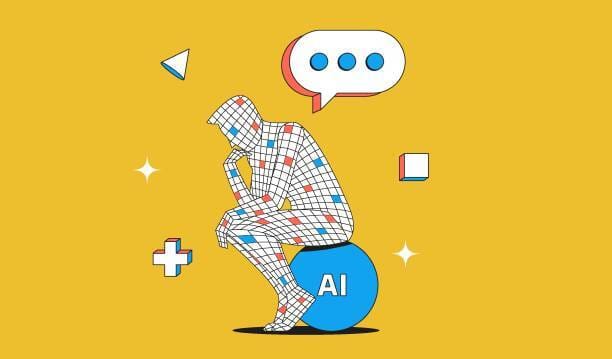- LuxAI Insights
- Posts
- The Ethics of AI: Are We Moving Too Fast?
The Ethics of AI: Are We Moving Too Fast?

Artificial Intelligence (AI) is advancing at an unprecedented pace, transforming everything from healthcare and finance to education and entertainment. But while innovation is accelerating, critical ethical questions are being raised: Are we moving too fast? Are the systems we're creating safe, fair, and accountable? As AI permeates more aspects of daily life, it's vital to examine whether our ethical frameworks are keeping up.
The Speed of Innovation vs. Ethical Reflection
Breakthroughs in AI like generative models, autonomous systems, and large language models have emerged faster than many anticipated. Startups and tech giants alike are racing to release the latest tools, often driven by market competition rather than long-term impact. However, ethical review and regulation lag far behind these technical advances.
This speed presents a dilemma: while rapid development can lead to innovation and economic growth, it also increases the risk of unintended consequences, such as biased decision-making, job displacement, and misuse in areas like surveillance or warfare.
Bias, Fairness, and Accountability
AI systems often inherit the biases present in their training data. From facial recognition tools that underperform on darker skin tones to hiring algorithms that disadvantage women, the examples are well documented. When these systems are deployed at scale without adequate checks, they can reinforce existing inequalities.
Transparency and accountability mechanisms are still underdeveloped. Many AI systems operate as "black boxes," with limited insight into how decisions are made. If someone is denied a loan or misdiagnosed by an AI system, they often have no clear way to understand or contest that outcome.
Regulation: Catching Up or Falling Behind?
Governments around the world are starting to respond. The EU has proposed its AI Act, and countries like the U.S. and China are exploring guidelines and restrictions. However, regulation typically lags years behind technological change. The challenge lies in balancing innovation with risk management—creating rules that are strong enough to protect users, but flexible enough not to stifle progress.
Self-regulation by companies isn’t enough. Tech companies often set their own ethical guidelines, but these are voluntary and rarely enforceable. External oversight, independent audits, and inclusive policymaking are necessary to ensure AI benefits society as a whole.
The Human Cost of Moving Too Fast
Beyond technical issues, there’s a human dimension. Rapid automation threatens jobs, particularly for lower-skilled workers. Emotional and psychological harms are also emerging, as people increasingly interact with AI-powered systems in healthcare, education, and customer service.
AI-generated misinformation, deepfakes, and manipulation of public opinion represent additional dangers. In this environment, slowing down isn’t about halting progress—it's about proceeding with caution, intention, and humanity.
Ethics Must Lead Innovation
The question isn't whether we should advance AI technologies—it’s how we do so responsibly. Moving fast and breaking things might work for software, but it’s not a sustainable model for technologies that shape society.
Ethics shouldn’t be an afterthought or a checkbox. It must be embedded in the design, development, and deployment of AI systems. As developers, policymakers, and citizens, we must push for an AI future that is inclusive, transparent, and accountable. Because when it comes to AI, the speed of progress is only as good as the direction it takes us.
Find out why 1M+ professionals read Superhuman AI daily.
AI won't take over the world. People who know how to use AI will.
Here's how to stay ahead with AI:
Sign up for Superhuman AI. The AI newsletter read by 1M+ pros.
Master AI tools, tutorials, and news in just 3 minutes a day.
Become 10X more productive using AI.

